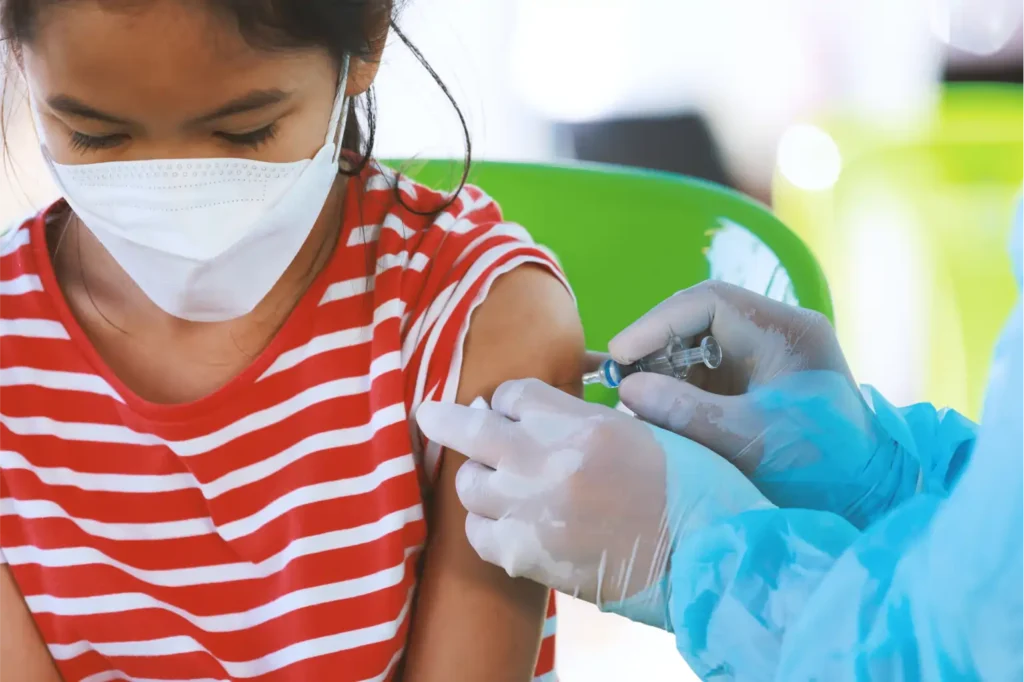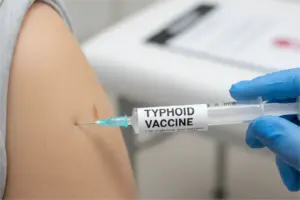
Nepal eliminates rubella: Nepal has successfully eliminated rubella as a public health problem, the World Health Organization (WHO) announced, describing it as a “remarkable achievement” in safeguarding maternal and child health.
Rubella, also known as German measles, is a contagious viral infection that poses risks to pregnant women, often leading to miscarriage, stillbirth, or severe birth defects.
“Nepal’s success reflects the unwavering commitment of its leadership, the tireless efforts of healthcare workers and volunteers, and the support of communities striving for a healthy start for every child,” said Catharina Boehme, Officer-In-Charge of WHO in Southeast Asia.
Also Read | India launches campaign to eradicate measles, rubella by 2026
Nepal first introduced rubella vaccines in 2012 with a nationwide campaign targeting children between nine months and 15 years. In 2016, a second dose was incorporated into the routine immunisation schedule, ensuring stronger protection.
Despite facing major challenges, including the COVID-19 pandemic and devastating earthquakes in 2015 and 2023, Nepal maintained high immunisation coverage, reaching more than 95 percent of children with at least one dose in early 2024.
Nepal also introduced innovative strategies, including the observance of ‘immunisation month’, outreach to vaccinate missed children, and motivation to declare the districts ‘fully immunised’. To further strengthen surveillance, Nepal recently introduced a robust laboratory testing algorithm, the first in the WHO South-East Asia Region to do so.
Nepal is the sixth country in the WHO South-East Asia to achieve rubella elimination.
The official recognition came from the WHO’s Regional Verification Commission for Measles and Rubella elimination. “This milestone is a testament to the close collaboration between the government, health workers, partners, and communities,” said Dr. Rajesh Sambhajirao Pandav, WHO Representative to Nepal.
(Source: UN News: https://news.un.org/en/story/2025/08/1165672)








